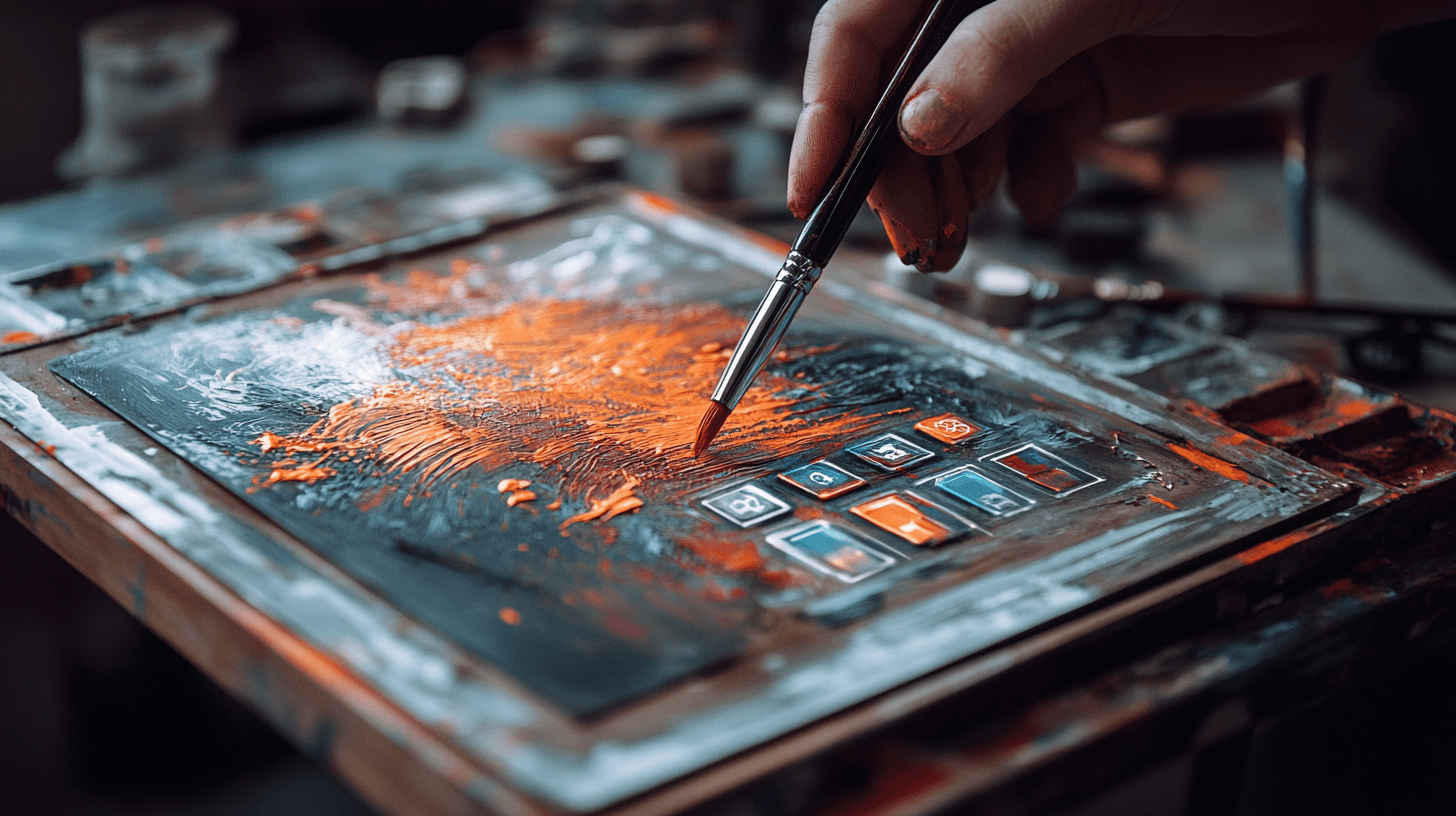FORWARD THINKING
Question
Why is mastering your craft more important than mastering a specific tool?
My Perspective
When new tools are released seemingly every month, it’s easy to get caught up in chasing the latest and greatest software. Whether it’s the latest version of Figma, a new coding framework, or an AI tool promising to save you time, we’re constantly bombarded with things that seem essential to success.
But here’s the thing: tools come and go. The true differentiator in your career is not which software you’ve mastered—it’s how well you’ve mastered your craft. And by “craft,” I mean your ability to solve problems, think critically, and communicate ideas clearly. These are the skills that transcend any one tool and will serve you throughout your entire career.
Tools Change, Principles Don’t
New tools will always emerge, but the fundamentals of design and development remain the same. Whether it’s color theory, composition, user experience, or problem-solving, these core principles are what make a design or project successful. Tools may help us execute those ideas faster or more efficiently, but they can’t replace the foundational skills that drive great work.
For example, understanding how users interact with a design is far more important than knowing every feature of the latest UI software. You might be an expert with Figma, but if you don’t grasp how to create a seamless user experience, no tool will save you.
The Dangers of Tool Obsession
We’ve all been there—getting too comfortable with a tool and then feeling like a fish out of water when something new comes along. Becoming overly reliant on one piece of software can limit your ability to innovate and grow. When your identity as a designer or developer is tied to a specific tool, you risk becoming irrelevant as soon as that tool is no longer in demand.
What happens if you’ve built your entire workflow around a tool that gets discontinued or overshadowed? You’re left scrambling to catch up, while those who have focused on developing their core skills can transition smoothly to the next big thing.
The Benefits of Mastering the Craft
When you focus on mastering your craft, you become adaptable. Imagine this: A new tool is released tomorrow that changes how we design interfaces, write code, or texture 3D objects. Those who have mastered the fundamentals will be able to adopt it quickly, because they understand the core principles that the tool is built on. They don’t fear the change—they embrace it. Being tool-agnostic makes you a more versatile professional. You’re not tied to one system or platform; instead, you can thrive in any environment because your skills are transferable.
Learning to Pivot
Part of mastering the craft is learning how to pivot when necessary. It’s about being open to new tools, but not dependent on them. A true craftsman can pick up any tool and still produce excellent work because they know the why behind what they’re doing, not just the how. The key is to be flexible and adaptable. Learn the tools you need to get the job done, but don’t let them define you. When you master the craft, you can transition from tool to tool with ease, because the fundamentals remain the same.

